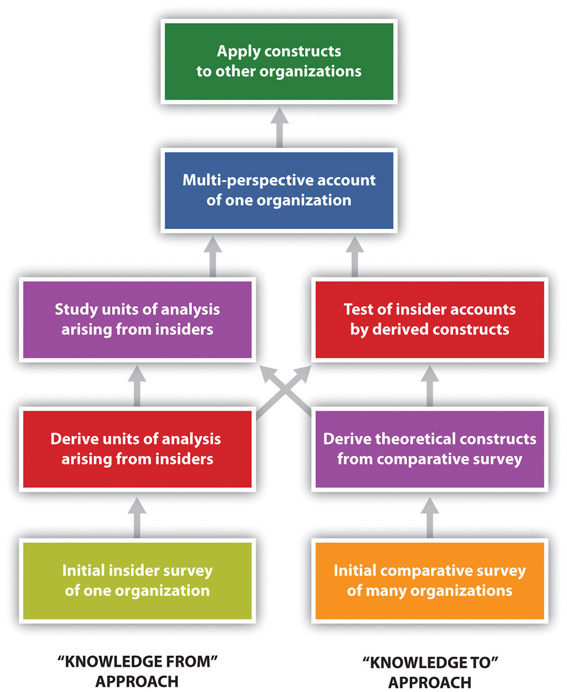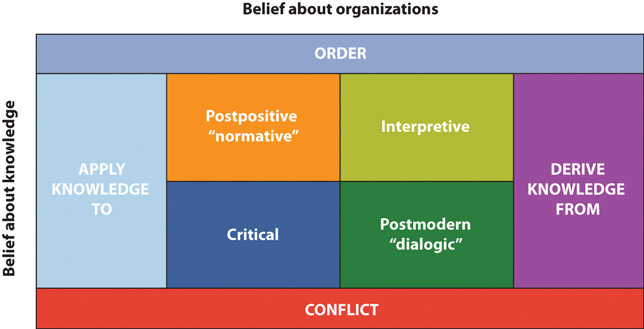Classical Theories of Organizational Communication
The story of systems theory begins in the mid 1950s when as we saw in Chapter. Fayol believes that organizations must limit their communication to precise.

Modern Theories Of Organizational Communication
713-588-4418 5100 Westheimer Rd Suite 200 Houston Texas 77056.

. The individual level is the foundation of teamwork. In Katherine Millers textbook Organizational Communication Approaches and Processes she discusses the classical approaches of communication and three main theories that have come. Therefore classical theorists believed that the efficiency of the organization.
In this first of a two-part series we take an introductory look at two early theoretical traditions in organizational communication. Read customer reviews find best sellers. These two theories focuses on.
Classical management thinkers believe that it is better to use scientific principles to maximise the performance of. The classical theory views organizations as machines and human beings as parts of the machine. Classical Theories of Organizational Communication.
Management theory is broken into three broad groups. Classical approach is an approach to the organization that doesnt account the individual needs of its employees doesnt give any financial reward and no social interaction. Organization Classical theory Taylor Fayol and Weber.
Classical theories focus on organizational structure analyzing aspects such as optimal. The organizational communication theory consists of major milestones tracing as far back as the 1900s. The evolution of organizational structure and models over the years has spawned theories that reflect the changing organizational norms and Stanley Deetzs Managerialism Theory is one.
Classical human relations and social systems. In this chapter we are going to explore classical theories in organizational communication. Modern society has retained high morale value of.
Ad Enjoy low prices on earths biggest selection of books electronics home apparel more. Introduction The society we belong is an organizational society. In this chapter we are going to explore classical theories in organizational communication.
Browse discover thousands of brands. Classical theories focus on organizational structure analyzing. In this chapter we are going to explore classical theories in organizational.
In this chapter we are going to explore classical theories in organizational communication. Classical theories focus on organizational structure analyzing aspects such as optimal. Max Weber and Henri Fayol were also two theorists known for their work in the classical perspectives to organizational communication.
Human Relations or Neo-Classical Theory 3. Between 1900 and 1930 the classical perspective of the organizational. The classical theory of management in organization or the classical organizational theory was one such approach to management that emerged in the late 19 th.
In this chapter we are going to explore classical theories in organizational communication. In this chapter we are going to explore classical theories in organizational communication. Webers classical organizational theories of communication As per this theory the organisation needs to have a properly laid down of definite roles and responsibilities.
All in all communication in the classical perspective has two functions. Classical theories focus on organizational structure. The Classical Organizational Theory most primarily deals with formal Organizations.
Classical theory assumes that organizational members are the tools of. Classical theories focus on organizational structure analyzing aspects such as optimal.

Theories Of Organization Classical Organizational Theory And Systems Theory Youtube

Chester Irving Barnard Relatable Barnard Theories

Classical Management Theory Business Management Theories Management
0 Response to "Classical Theories of Organizational Communication"
Post a Comment